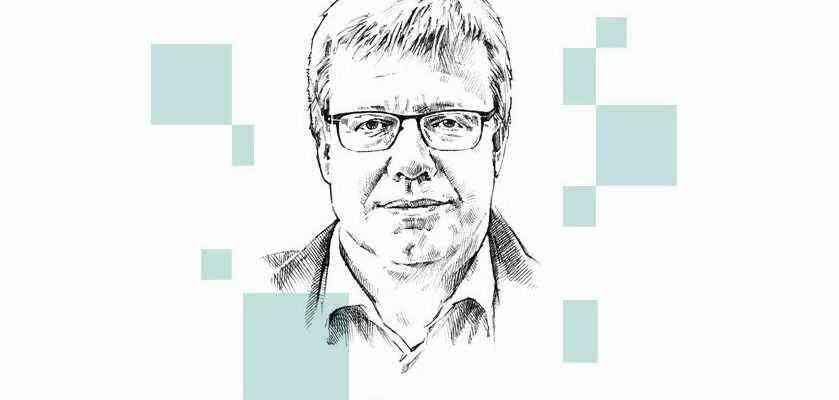Sabine Nallinger knows how important and how difficult it is with citizen participation. For many years she was a city councilor in Munich and also a candidate for mayor there. So in that city where people want to have a particularly strong say when the state intervenes in their lives. What is also permissible and desirable: Citizen participation is an important element of direct democracy and, incidentally, also a result of the rule of law. Unfortunately, in practice, citizen participation is often a brake when it comes to quick decisions, and especially when it comes to implementing them.
That’s why it’s exciting to hear how the former top municipal politician of the Greens is now promoting faster approval procedures in Germany on behalf of 69 companies. It currently takes seven years from the planning to the erection of a wind turbine, says Nallinger, and it shouldn’t stay that way if you want to make progress in expanding wind and solar power. That is still an understatement, because hardly any wind turbines are currently being built in the south of the country, and the lines from the windy north, which are supposed to bring the electricity to the south, are still a long way away.
Nallinger has been a board member of the “2 ° Foundation” since 2014 and as such is pushing for a faster energy transition on behalf of many companies. A week ago, she presented an initiative with which 69 companies appeal to the future red-green-yellow federal government – even before it has even been constituted. The companies around foundation founder Michael Otto, chairman of the supervisory board of the mail-order company of the same name, are calling on the new government to set a framework so that “entrepreneurs” can make climate neutrality the trademark of the German economy, “because:” The decade of action for climate protection has began.”
Companies can do more than the state allows
Of course, it is primarily about new technology. A lot would already be feasible – if things didn’t take that long in Germany. This applies to digitization, for example the exchange between companies and the administration, which the public sector continues to carry out mainly in paper form. But it also affects the technical changes that companies would be able to – if only they were allowed to.
What would be possible, for example, shows the green-black state government in Baden-Württemberg every year at the “Resource Efficiency and Circular Economy Congress”, which has just taken place for the tenth time – in Nallinger’s native city of Stuttgart. The congress has made a remarkable career and is now one of the largest environmental congresses in Europe. In the past it was about getting companies to participate, today the right technology is the central issue. The general opinion here is that German companies could do a lot more, if they were allowed to: There is no shortage of innovative strength – but there is certainly a lack of opportunities to use new technology.
Anyone who is concerned about this again and again, and this year too, in a special way, is Baden-Württemberg’s Prime Minister Winfried Kretschmann, at the age of 73, by definition, not a “digital native”. But he is someone who has recognized the prosperity and climate protection potential of digitization and is bravely educating himself. Accordingly, he connects digitization with the new climate policy, as it is now being proclaimed everywhere.
The federal government wants to be climate-neutral by 2045, Baden-Württemberg (like Markus Söders Bayern now also) by 2040. In view of the investments that are still necessary, that is not much time left. So the procedures have to be accelerated so that wind turbines, lines and other technology can be installed as quickly as possible. A task with which Kretschmann in particular connects his fate. If you don’t turn the trend around quickly, then it will also fail personally: “That’s why I’m making this a top priority now,” he says and announces “drastic measures”.
If this is treated with the same verve in Berlin, one thinks when listening to it, then it might still work out in Germany with the climate change. But we still have to overcome 100 years of learned bureaucracy and lots and lots of citizen stubbornness.

